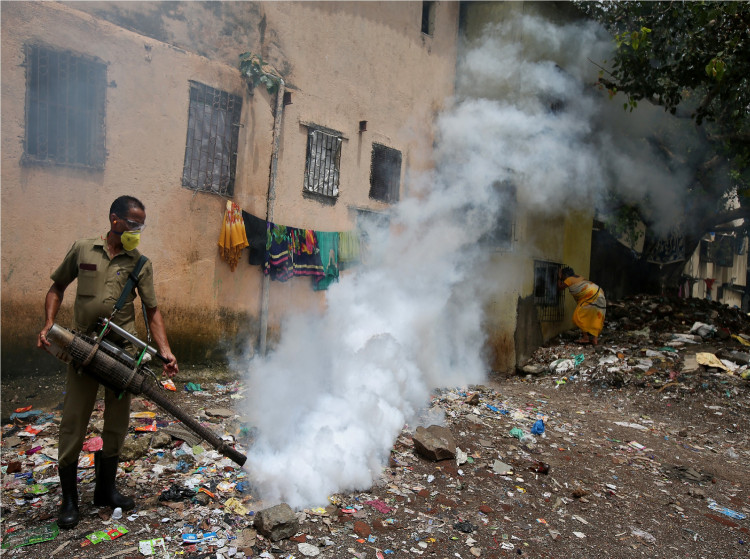Dr. Tigest Megstu, a World Health Organization representative, led delegates to a workshop on the China-Tanzania Malaria Prevention and Control Demonstration Project held in Shanghai on the 21-24th of January of this year and a the Coordination Management Committee (CMC) Meeting in Beijing on January 26 as they reach the final protocol for phase two of The China-UK-Tanzania partnership Pilot Project.
The joint project of the IHI and the National Institute for Parasitic Disease (China CDC) in southern Tanzania concluded that it is possible to reduce malaria by over 80 percent if a new Chinese model is applied in dealing with the killer disease. The model, known as "1-3-7" and later customized to 1-7 after it was applied in Tanzania, was implemented from 2015 to 2018.
China's 1-3-7 model was used in different geographic regions. In the model, malaria cases are reported within a day, they are confirmed and investigated within 3 days, and the appropriate public health response to prevent further transmission is within 7 days. The joint project screened and provided antimalarial services to 60, 000 people in 18 villages in Muhuro and Ikwiriri in the district of Rufiji District. The NMCP distributed mosquito nets impregnated with insecticides called LLINs as part of the effort of the national government.
The project is conducted weekly which is focused on the screening and treatment which serves as a reactive community testing performed by health workers through mobile health teams in areas with reports of the disease. According to Dr. Honorati Masanja of Ifakara Health Institute, the project achieved in the successful implementation of improved community-based surveillance and malaria case management with 80-90% parasitological examination rate, standardized treatment rate, and case reporting rate.
The doctor added that There is also an indication of a significant reduction of malaria cases at health facilities, laying the platform for policy, technology, and product transformation. He also said that it calls for partnerships between governments, local and private entities at different levels to join forces against malaria.
The collaboration between the Senior Government officials from China and the delegation led by the Dr. Mengetsu together with the technical Officer Malaria from the Country Office, Ministry of Health officials and Ifakara Health Institute (IHI) experts made important milestones from the in-depth consultations they made. The group agreed that they need to sustain the success of phase I and translate it to phases two for 18 months starting on May or June of this year.





